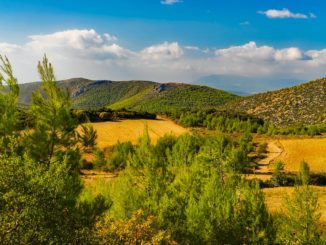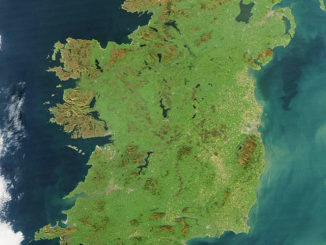Scottish crofters this week urged fairer treatment for their sustainable form of agriculture in the coming CAP reforms. Delegates at a one-day conference earlier this week heard how the National Trust for Scotland has developed a flexible scheme to support traditional practices that can help to maintain biodiversity.
Iain Turnbull, the National Trust’s property manager on the Balmacara Estate, has been offering crofters funding to cover the basic production costs of planting crops, such as potatoes, turnips and cereals, as well as offering a premium for hay over silage. Payments have ranged between £520 and £620 a year, with 24 crofts adopting the scheme this year.

Scottish Crofting Federation (SCF) chief executive, Patrick Krause, gave a working example of appropriate support: “Iain described how one year, because of a sick cow which needed to be kept on the in-bye land, a crofter had been unable to grow hay on a piece of ground that they had allocated for hay that year. In consequence, the anticipated payment for that area was withheld. The crofter continued with, and was paid for, the rest of their agri-ecology programme as usual.
“That kind of flexibility is presently unimaginable from government-led schemes which talk the language of clawback and fines,” Krause observed.
The event was co-hosted by the SCF, the National Trust for Scotland and the Skye and Lochalsh Environment Forum at Plockton Hall. “One of the key aspects that emerged from the meeting was the importance of creating a standalone support programme for crofting in the new Scottish Rural Development Programme that is flexible, effective, easy to access and appropriate to crofting,” explained Krause.
“This is something that a reformed SRDP can do because it has the flexibility necessary to utilise the different measures that are applicable to crofting and put them together into one coherent, beneficial package.”





